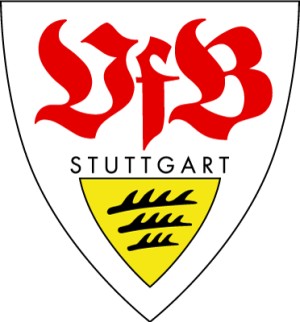|
All change in the Fairs Cup
Last Updated : 26-Jun-2006 byStuttgart, a city with a very well known annual trades fair which was expected to get them automatic qualification, were placed third reserve behind Manchester United and AC Milan but they believed they should have won automatic entry because of their higher league placing.
Surprisingly the complaint from the Stuttgart club didn't come immediately and was some six weeks after the initial draw had been made in Portugal. Their complaint though was taken very seriously although Burnley continued making preparations for the tie against Hanover.
Burnley chairman Bob Lord kept a diplomatic silence regarding the situation, yes he really did, whilst secretary Albert Maddox admitted, “These developments have come as a complete surprise to us. Although we are very interested in the news, there is no action we can take until we get official notification of any change.”
Asked to comment the secretary of the Football League Allan Hardaker, who had played a leading role in getting Burnley into the competition, said, “It is a very interesting situation. It is obviously an internal matter which is up to the West Germans and the Fairs Cup committee to deal with.”
Meanwhile Burnley set off for West Germany for a pre-season tour, taking in three games against Offenbach Kickers, TSV Munich 1869 and ironically a first game against Hanover.
By the time they returned home to England to start the new season with a home game against Sheffield United, and a game that ended with a 4-0 win, it was beginning to look as though Stuttgart had won their battle.
That prompted suggestions from both Manchester United and AC Milan that they should have gone first, they were higher up the reserve list, but the Fairs Cup committee eventually decided on a West German club for a West German club and so Burnley's first opponents would now be Vfb Stuttgart.
With Burnley having been drawn out first against Hanover, the club wrongly thought they could make the decision as to whether we played home or away first. The rules stated that the side drawn out first would play the first leg at home, that was unless the two clubs mutually agreed otherwise.
And Burnley and Stuttgart did with our opponents wanting to play at home first to avoid clashing with a local beer festival, the idea of combining drinking and football must not have been allowed in the 1960s. The dates were set for September and Burnley were finally ready for a return to European competition, six years after the European Cup campaign.

